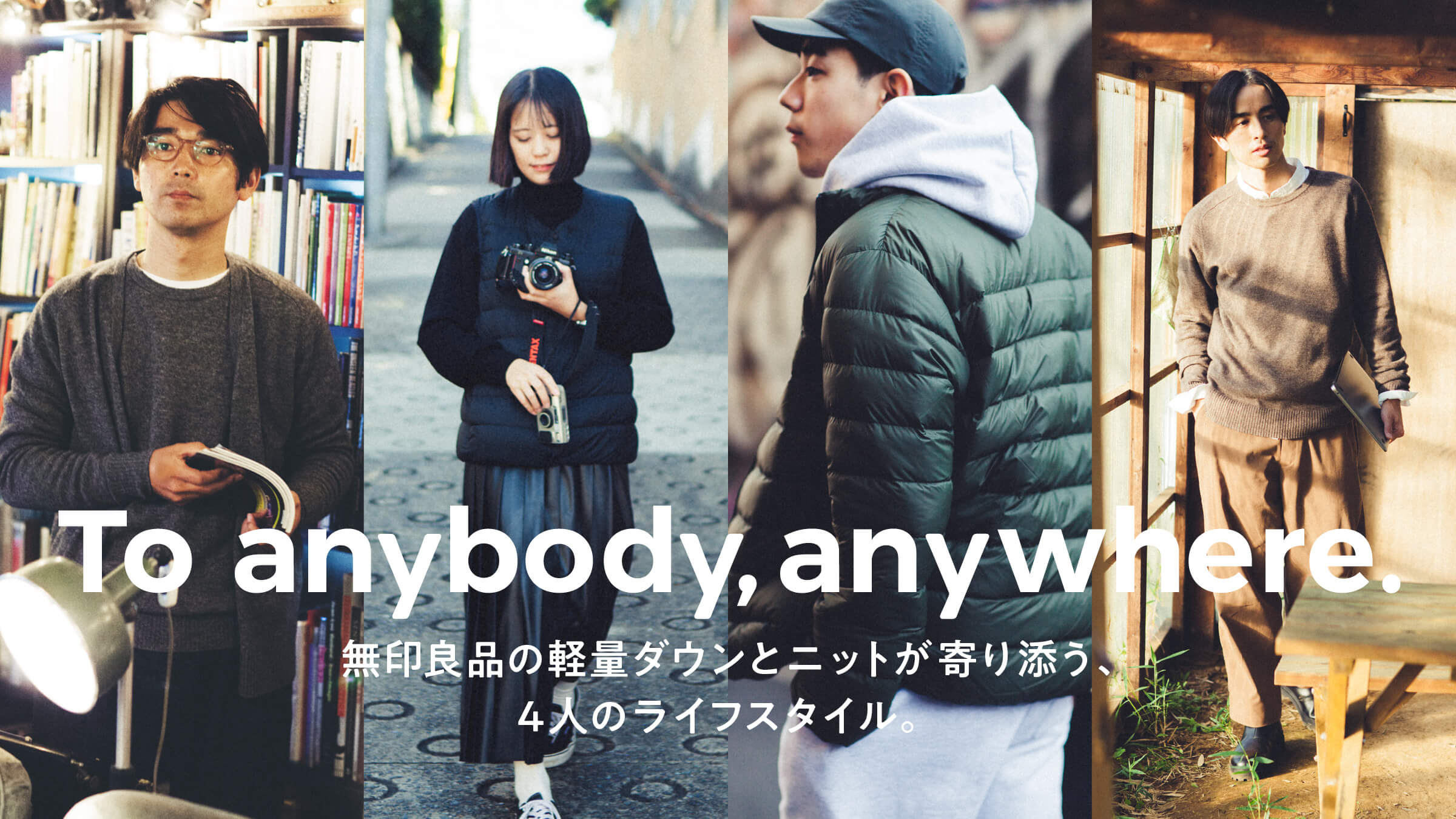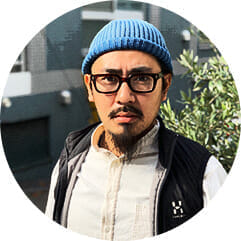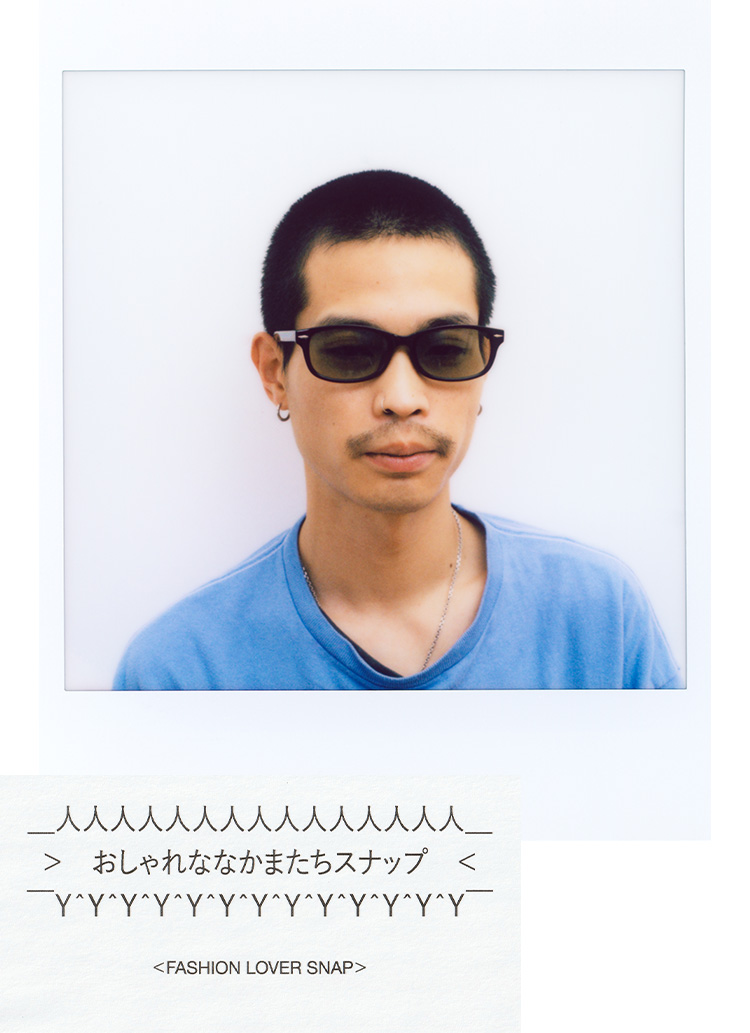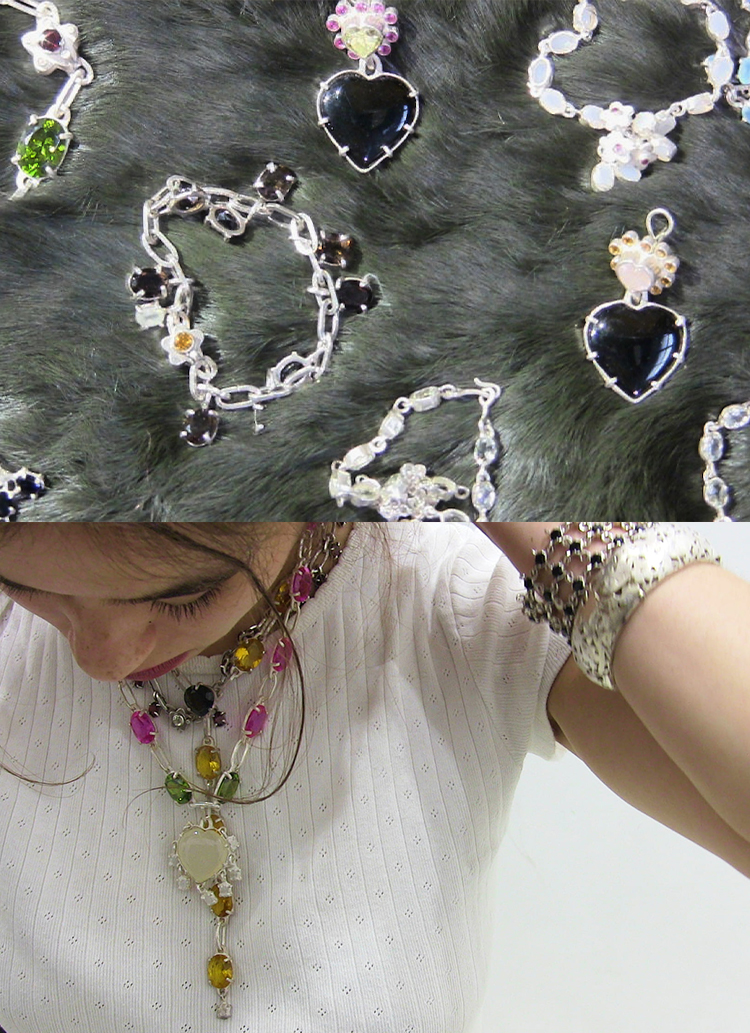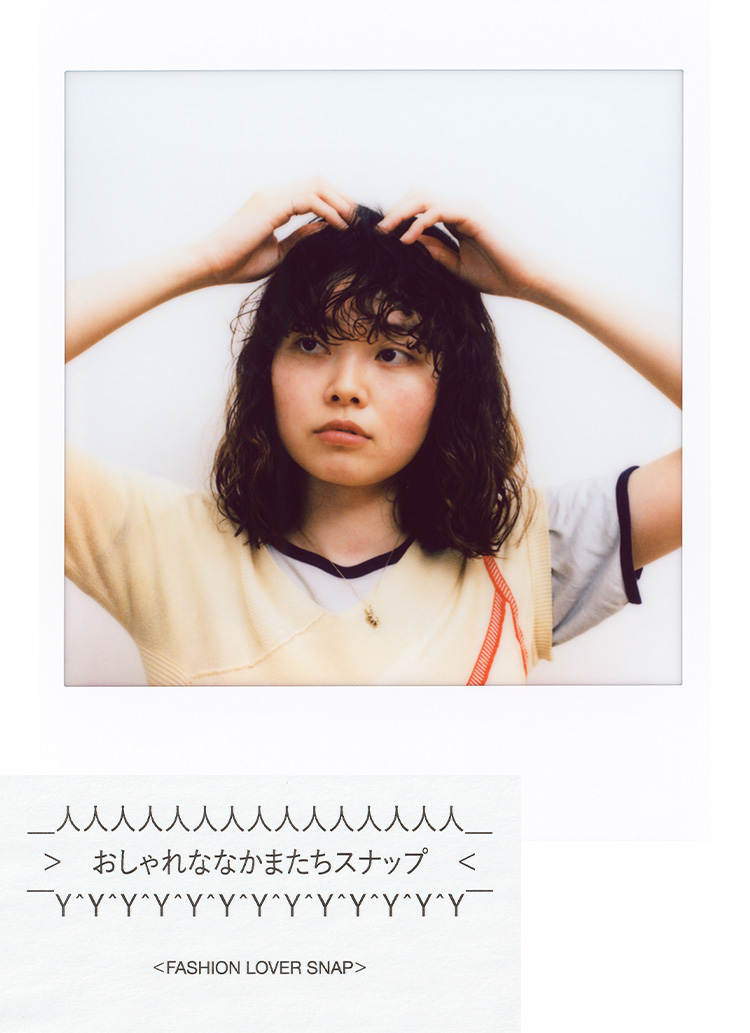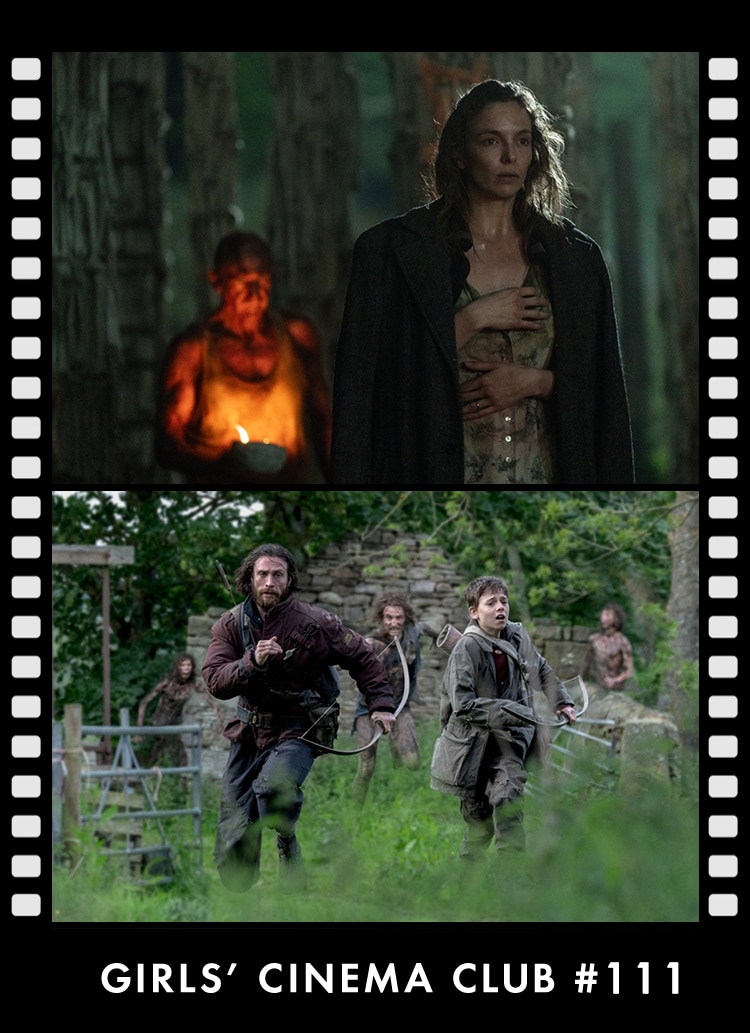04 The model talks about how good it feels to farm.
PROFILE

Due to an injury, he gave up soccer and became a model. After working for a modeling agency, she established her own company, "VELBED." and became its representative. For many years, she has been actively involved in volunteer activities at special-needs schools and in Tohoku, and three years ago, she rented a farm in Yokohama, Japan, from which she commutes frequently from her home in Tokyo to grow a variety of crops.
instagram@Shogo_velbed
PROFILE

Due to an injury, he gave up soccer and became a model. After working for a modeling agency, she established her own company, "VELBED." and became its representative. For many years, she has been actively involved in volunteer activities at special-needs schools and in Tohoku, and three years ago, she rented a farm in Yokohama, Japan, from which she commutes frequently from her home in Tokyo to grow a variety of crops.
instagram@Shogo_velbed
Control is not enough. . it cannot grow well unless it is adapted to the cycles of nature.


(Photography cooperation: Kohoku New Town Farm)
What made you start farming?
Shogo: I have been involved in volunteer work for the recovery from the Great East Japan Earthquake since right after the disaster, and I helped to maintain the front path of a shrine that had been completely destroyed. That path was on a slope, and the soil was quickly washed away by water, so I transplanted some nearby grass to reinforce it. That's where I touched the soil. After that, when the frequency of my volunteer work had calmed down, I simply wanted to touch the soil. I wanted my children to touch it, too. . That's when I met this "Kohoku New Town Farm" and started.
What do you grow?
Shogo: . a combination of radishes and leafy greens, mostly, that are 3 to 6 months away from harvest. Also, garlic, which I buried just a few days ago, will be harvested as long as next June.


Lightweight Pocketable Collarless Down Vest, ¥2,990 in TAX, ,Baby-bed knit turtleneck sweater with reduced neck tingling ¥3,990 in TAX, ,Flannel button-down shirt ¥1,990 in TAX, ,Transverse and transverse stretch denim tapered pants ¥4,990 in TAXOther personal effects of the stylist
Shogo, you seem to really enjoy being in the field.
Shogo: . when I touch the soil, I feel like I'm getting out of something. A teacher who is helping me learn organic farming told me that after going into town for work or a meeting, he goes back to his farm and touches the soil to drain away the fatigue he has accumulated in town. He calls that "grounding. . You know, those things on washing machines and refrigerators and so on.
I heard that you often visit this farm.
Shogo: When I started three years ago, I started because I enjoyed working with soil, but now I am quite addicted. I can now naturally remember elements such as nitrogen and phosphoric acid in chemistry, which I was not very good at when I was in junior high school. The other thing is that I can't help but worry about the crops. In the summer, it's bright, so I come in at 4:00 a.m. or so and pick up my son after working. . every day I take care of them, that's how much they change.
How do you feel about eating the harvest?
Shogo: It's a great feeling when you harvest and eat the food yourself. We use organic farming methods without chemical fertilizers or pesticides.

The view from the hilltop is great.
Shogo: . the sunsets are beautiful and the mornings are great. I also have a desk job as a representative of a modeling agency, so I sit in a chair in the field and use the computer to contact various offices. It's just so nice.
Do you feel any different since you started farming?
Shogo: I've become concerned about the weather forecast. I care about the balance between sunshine and rain, and I have to take advantage of rainy days to plant and grow seeds to make them grow strong. . I also became able to distinguish between things that decompose and return to the soil and things that do not. For example, wood takes a long time to decompose, but it will decompose. Plastic does not decompose no matter how long it takes. I feel that there is a great mechanism of nature. . In the city, there is no soil, no insects, and a strong artificial smell. . There is such a gap between the city and here.
. You mean that you feel a cycle like the rhythm of nature. One of the raw materials for today's knitwear is yak, and we take advantage of the time when the winter hair is shed before summer to harvest the hair.
Shogo: . it is truly the cycle of nature. When I started farming, I realized that crops cannot be grown well unless they are adapted to the cycle of nature. . Before farming, I only knew the process of buying food, making it, and eating it. But recently, I have come to know about making and growing food as the before and after, and what happens after the food is finished. What I now understand is that everything is connected in a circle. I have always had the image that MUJI is based on such a cycle.

Yak-blend wool crew neck sweater ¥3,990 in TAX, ,Extra-long cotton washed broadcloth stand collar shirt ¥2,990 in TAX, ,Stretch brushed pique wide pants ¥5,990 in TAXOther personal effects of the stylist
How do you feel about the comfort of the knitwear?
Shogo: The hair was fine or soft , so it felt good around the neck, even with a high neck.
I understand you work on a farm in the winter. Down is perfect for that.
Shogo: In winter, my core gets cold, so the down would be amazing for farm work. . Since it is a vest type, I can freely move my arms around.


What is your vision for the future of agriculture?
Shogo: I think there is a lot of farmland that will be turned into concrete down the road, as we are just at the point where we are replacing older farmers. I would like to do what I can to stop that from happening. . I would also like to rent farmland, even if it is smaller than this one, and create a place where any of my friends and acquaintances can come. When we dug potatoes before, hair and makeup artists came with their kids, and that kind of thing would be nice. Also, I want to grow romanesco. It has a cool psychedelic design and I hear it's good. . I'm growing seedlings now, and I'm looking forward to harvesting them.



